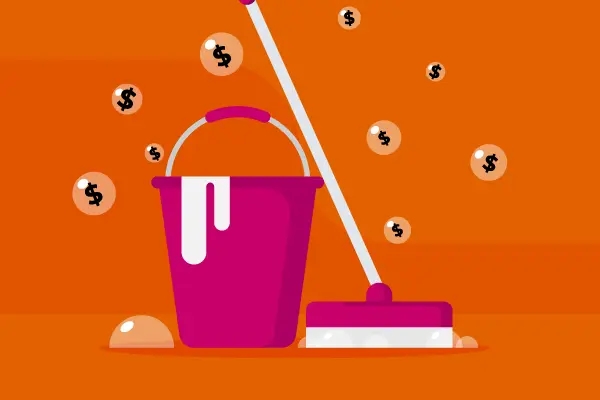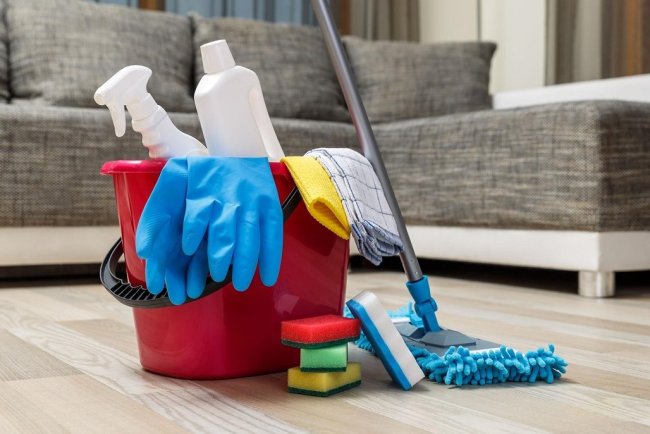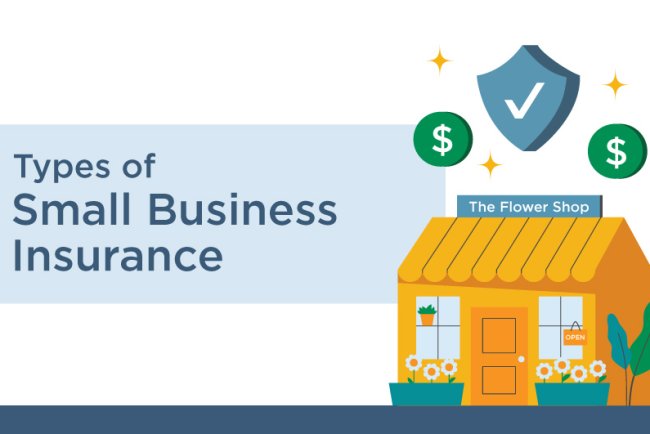Running a cleaning business can be a rewarding venture. Whether you’re offering residential or commercial cleaning services, your work helps create healthier and more pleasant environments for your clients. However, behind the scenes, there’s a crucial aspect that often gets overlooked insurance. Specifically, general liability insurance is a critical component that can safeguard your business from unforeseen risks and financial burdens. In this article, we'll explore why general liability insurance is essential for your cleaning business and what could happen if you neglect it.
Understanding General Liability Insurance
General liability insurance, also known as business liability insurance, provides coverage for various risks associated with running a business. For cleaning businesses, this insurance typically covers
- Property Damage Accidental damage to a client’s property while performing cleaning services.
- Bodily Injury Injuries sustained by clients or third parties due to the cleaning operations.
- Personal and Advertising Injury Issues related to defamation, libel, or false advertising.
By having general liability insurance, you ensure that your business is protected from the financial repercussions of these potential issues.
The Risks of Not Insuring Your Cleaning Business
1. Financial Liability for Property Damage
Cleaning businesses often work in clients' homes or offices, which means there's always a risk of causing accidental damage. For instance, a cleaner might accidentally knock over a valuable vase or damage expensive flooring with cleaning equipment. Without insurance, your business would be liable for the cost of repairs or replacements, which could be substantial. General liability insurance covers these costs, helping you avoid significant out-of-pocket expenses.
2. Exposure to Lawsuits for Bodily Injury
In the cleaning industry, accidents can happen. A client or visitor might slip on a freshly mopped floor or trip over cleaning equipment, resulting in injury. If the injured party decides to file a lawsuit, your business could face hefty legal fees and potential settlements. General liability insurance provides coverage for legal defense costs and any settlements or judgments, protecting your business’s financial stability.
3. Loss of Reputation
Word of mouth and online reviews are crucial for cleaning businesses. A negative review stemming from an accident or incident that wasn’t handled appropriately could damage your business’s reputation. Without insurance, you might struggle to address the issue effectively, potentially leading to a loss of clients and revenue. Insurance not only covers financial costs but also helps maintain your business’s reputation by showing that you are prepared and responsible.
4. Increased Financial Stress
Operating a cleaning business involves managing various expenses, including equipment, supplies, and employee wages. Unexpected costs, such as those arising from lawsuits or property damage claims, can create significant financial stress. General liability insurance helps mitigate this stress by covering the costs associated with claims, allowing you to focus on running and growing your business.
Real-Life Examples of the Costs of Not Having Insurance
Case Study 1 The Broken Vase
Imagine a cleaning crew accidentally knocks over a valuable vase while dusting a client’s living room. The vase was worth $2,000, and the client expects you to cover the cost of replacement. Without insurance, you would need to pay for the vase out of pocket, which could be a financial strain on your business. With general liability insurance, the cost of replacing the vase would be covered, allowing you to handle the situation with minimal financial impact.
Case Study 2 The Slip and Fall
In another scenario, a client slips on a freshly cleaned floor and injures themselves. They decide to file a lawsuit seeking compensation for medical expenses and lost wages. The legal fees and settlement could easily run into thousands of dollars. Without insurance, your business would be responsible for these costs, potentially jeopardizing its financial health. General liability insurance would cover these expenses, protecting your business from severe financial repercussions.
How to Choose the Right General Liability Insurance for Your Cleaning Business
Selecting the right insurance policy for your cleaning business involves several considerations
1. Assess Your Risks
Evaluate the specific risks associated with your cleaning business. Consider the types of properties you clean, the size of your team, and the nature of your cleaning services. This assessment will help you determine the amount of coverage you need.
2. Compare Policies
Different insurance providers offer various policies and coverage options. Compare different policies to find one that offers comprehensive coverage for your business’s specific needs. Pay attention to policy limits, exclusions, and additional coverage options.
3. Consult with an Insurance Agent
An experienced insurance agent can provide valuable insights into the best coverage options for your cleaning business. They can help you navigate the complexities of insurance policies and ensure that you have adequate protection.
4. Regularly Review and Update Your Policy
As your business grows and evolves, your insurance needs may change. Regularly review and update your policy to ensure it continues to meet your business’s needs. This includes adjusting coverage limits and adding endorsements if necessary.
The Bottom Line Protect Your Business
General liability insurance is not just a legal requirement; it’s a smart investment in the longevity and success of your cleaning business. The potential risks and costs associated with property damage, bodily injury, and legal claims can have a severe impact on your business’s financial health and reputation. By securing comprehensive general liability insurance, you safeguard your business against these risks, ensuring that you can focus on providing excellent cleaning services to your clients without worrying about the financial repercussions of unforeseen incidents.
Don’t let the cost of not insuring your cleaning business become a burden. Invest in general liability insurance today and protect your business’s future.




















